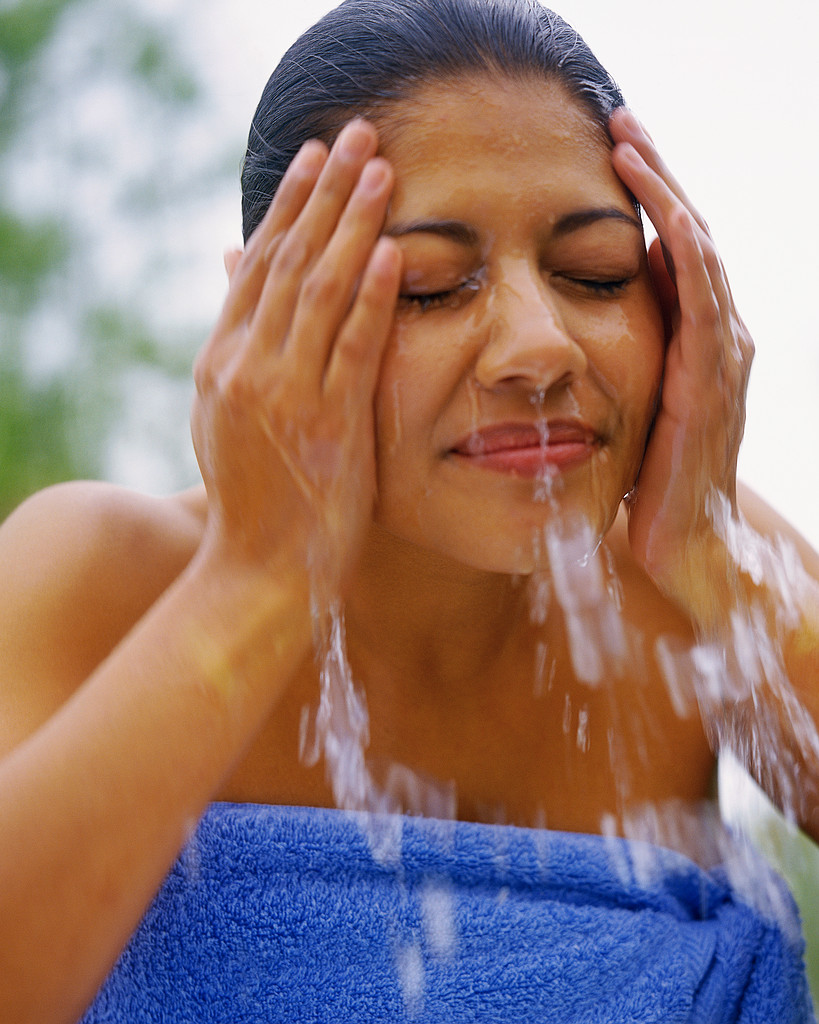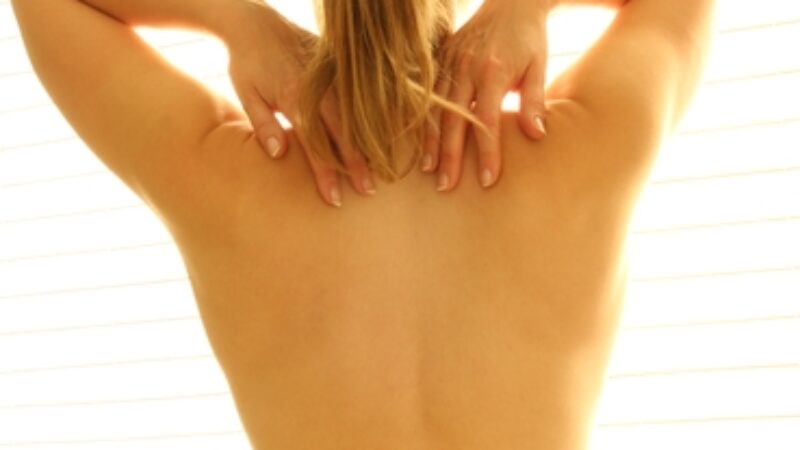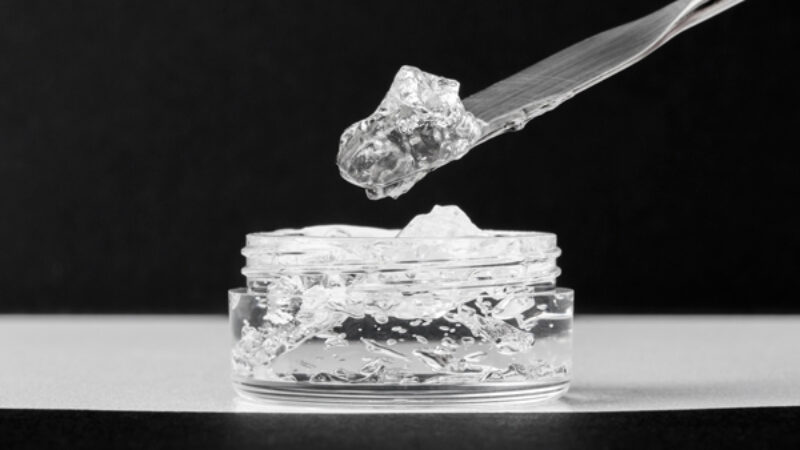When I asked my husband to pick up some toothpaste because we were running low, he returned with a tube of our regular brand. Under most circumstances, I would never think to pick up the tube and examine the ingredients. After all, toothpaste is toothpaste, isn’t it? But, this time, something caught my eye. My toothpaste was labelled as ‘antibacterial’, infused with the ingredient triclosan.
Having shied away from antibacterial soaps, washes and cleansers (our immune system needs to do something after all), I was surprised to find an antibacterial ingredient lurking in my toothpaste. Do we need triclosan?
What is Triclosan?
Triclosan is a potent wide spectrum (meaning that it can kill a wide range) antibacterial and antifungal agent. It is widely used in soaps (0.10-1.00%), deodorants, toothpastes, shaving creams, mouth washes, and cleaning supplies, and can now be found in an ever increasing number of consumer products, such as kitchen utensils, toys, bedding, socks, and trash bags. It has been shown to be effective in reducing and controlling bacterial contamination on the hands and treated products. And, a 2% triclosan preparation recently has become a recommended regimen for the decolonization of patients whose skin is carrying methicillin resistant Staphylococcus aureus (MRSA).
Is Triclosan Safe?
The use of triclosan has been associated with the formation of dioxins, a family of compounds with a range of toxicity. The one formed when triclosan degrades doesn’t seem to be problematic. Worrying, however, is a concern that some bacteria may develop a resistance to triclosan. The Canadian Medical Association recently asked the Canadian government to ban triclosan’s use in household products due to concerns of bacterial resistance and producing dangerous side products such as chloroform.
There is also evidence to suggest that low doses of triclosan act as an endocrine disruptor, mimicking thyroid hormone and preventing utilization of the body’s own thyroid hormone. Triclosan has also been found in human milk.
The Environmental Working Group who assess the safety of ingredients found in personal care products, maintains that triclosan is ineffective and dangerous. Their report states:
“Triclosan persists in the environment, breaks down into substances highly toxic to wildlife, pollutes the human body, and poses health risks that are barely studied and poorly understood.”
For this reason, they recommend that triclosan containing products be avoided whenever possible.
If the EWG doesn’t convince you, consider this. An analysis from the University of Michigan School of Public Health showed that soap and water is just as effective as consumer-grade antibacterial soaps with triclosan in preventing illness and removing bacteria from the hands. And, a 70% ethanol solution is also highly effective in killing bacteria.




This is a very informative post. It is quite an alarming fact that this chemical can do harm to our body. I just hope that they will realize this and have a regulated use on this kind of chemical.